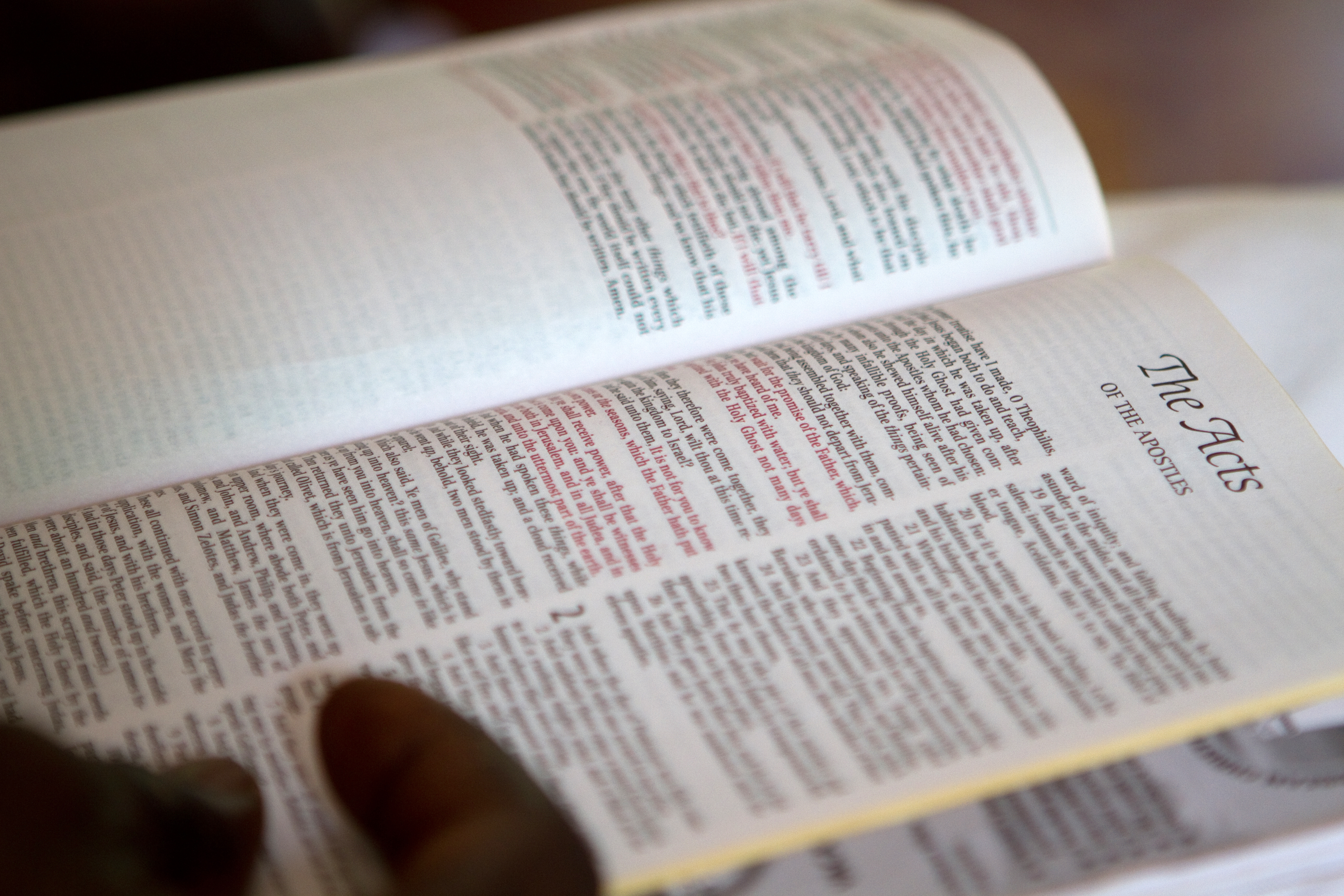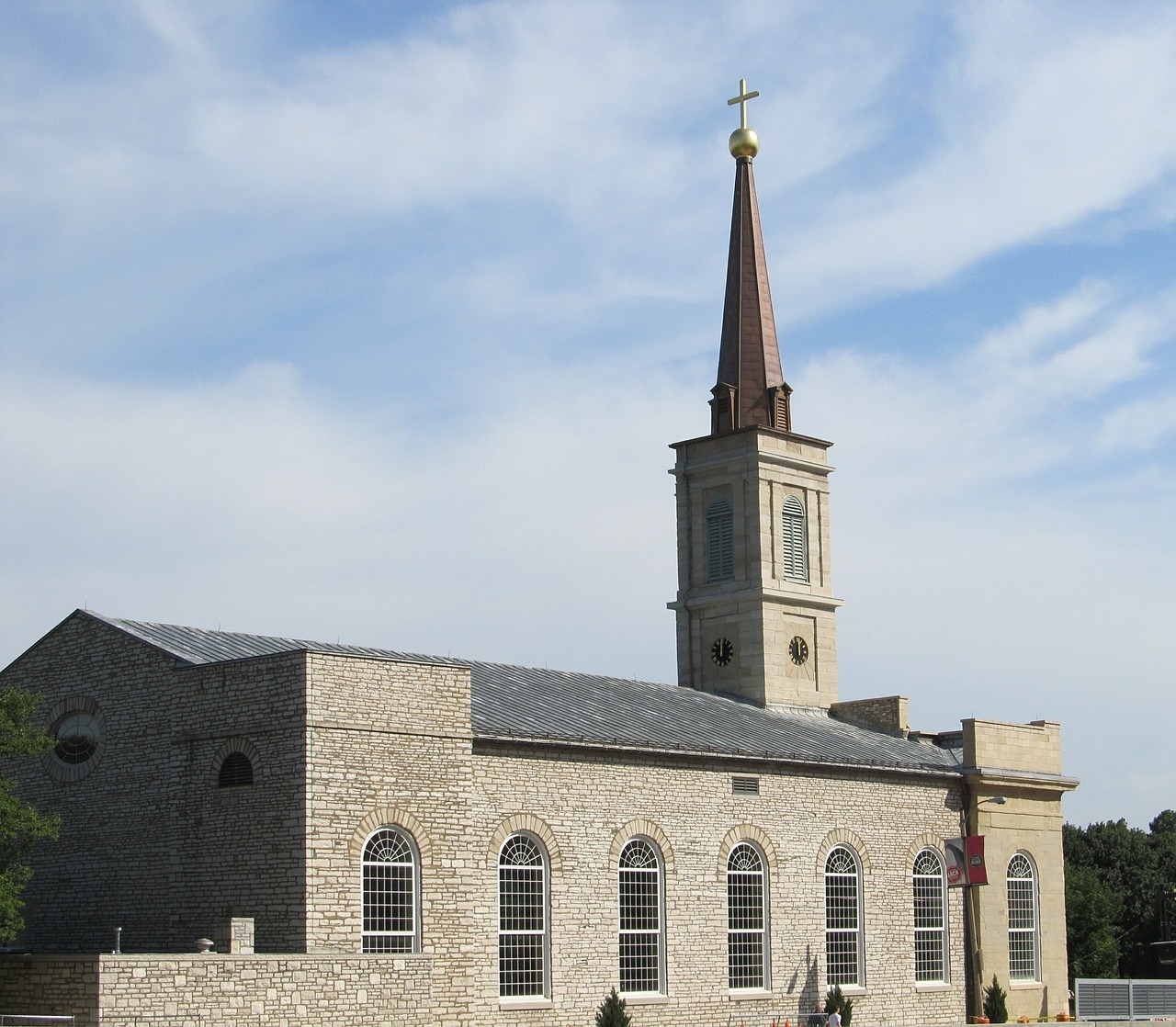By Timothy J. Fancher
For generations, the holidays have evoked memories of beautiful lights, hot chocolate, classic Christmas movies, turkey laden feasts, visits with family, and for Christians, the excitement of church activities, candlelight services, and Christmas plays. For pastors and church leaders, the Christmas season is also associated with the nervous anticipation of new visitors, challenging logistics, and special services. Yet, unfortunately, during the 2018 holiday season, there is also nervousness that goes beyond the simple excitement and enthusiasm of upcoming events.
This season marks one year since the massacre at First Baptist Church in Sutherland Springs, Texas, in which 26 men, women, and children were slaughtered in a house of worship. It also marks the fresh horror of the recent Tree of Life Synagogue shooting, in which 11 people were killed. If a mass shooting is defined as a single outburst of violence in which four or more people are shot, then as of the writing of this article, there have been 374 mass shootings in America so far this year[1]. Last year, on church property, there were “118 violent deaths (homicides, suicides, and killed in action)….the worst violence ever seen in America concerning faith-based organizations.”[2]
Considering these grim statistics, it’s possible to take an extreme position by either refusing to implement any security at all or, by reacting in fear, turning a church into a foreboding looking place. Creating a “fortress” can discourage predators, but it can also discourage the seeker, the new family in the neighborhood, and most others who might have otherwise visited your church.
While a short article can’t fully teach how to put a church security team in place, there are some simple things to keep in mind that will help a church have a healthy theologically balanced approach to safety during the holiday season:
1. Church security isn’t done out of fear. It’s proactive love.
A well-known verse regarding God’s sovereignty over fear is 2 Tim. 1:7: “For God has not given us a spirit of fear, but of power and of love and of a sound mind” (NKJV). This is an important verse in the context of church security. Yet sometimes people miss the key word “love”! When a church puts a security team in place, it is often misunderstood as an act of fear. No! Explain to the congregation that it is being done in love.
If the pastor, church leadership, and church security team are willing to take the time to get trained and potentially put themselves in harm’s way, this shows love. If there has been a credible threat, the congregation deserves to know. Generally, however, if the pastor announces the team is being formed to be proactive (based in love) rather than reactive, there will be less fear, less worry, and more acceptance.
2. Build your team from your existing congregation.
The power and value of sacrificial service that comes from a pure heart and intent can’t be overstated. Most security jobs are boring and have low pay, so the person is typically only there to punch the clock and collect a paycheck. But when a church announces interest in forming a security ministry, and men and women step up knowing that it can be tedious, yet stressful and dangerous … even deadly, the congregation members are volunteering for love of the church. This type of sacrificial service can’t be bought.
That’s not to say a church can simply round up some volunteers and be set. The church still needs to find a true church security expert and receive hands-on training. However, if a church recognizes the need to put together a security team over the holidays, but can’t get proper training in time, at least having a volunteer team come together will likely increase overall safety and security.
3. You must have a theologically balanced approach to church security.
While there are many Scripture verses that deal with spreading the gospel, one of the most important is Matthew 28:19-20:
“Go therefore and make disciples of all the nations, baptizing them in the name of the Father and of the Son and of the Holy Spirit, teaching them to observe all things that I have commanded you; and lo, I am with you always, even to the end of the age” (NKJV).
Putting security in place that makes a church looks like a scary fortress isn’t consistent with The Great Commission. To give an example of what a theologically balanced approach to church security means, consider this hypothetical example:
John Smith hires security officer Mike Black to build and oversee a security team at Smith Enterprises. On a Monday morning at 10 a.m., a man in his mid-40s bursts in the front door of the office complex. His clothes are wrinkled and he looks disheveled. This intruder is red in the face, sweaty, and his eyes are darting around. He looks out of place, agitated, and confused.
In this setting, there’s no question that Mike Black should approach the subject acting in his security role as Officer Black. His body language and verbiage should reflect a no-nonsense “I’m in charge” command presence, as it’s clear that a man like this is out of place in a business environment. It would be appropriate to approach this man with command presence and ask in a stern tone, “Can I help you?”
Back up the above scenario 24 hours. The same sweaty, nervous, agitated man comes into a church on a Sunday morning at 10 a.m. and no one knows him. A well-meaning, but untrained usher or church leader or contract security person approaches him with command presence and asks sternly, “Can I help you?” This could be a wrong approach because there may have been factors in his life prompting him to come to church.
For example, maybe the man was agitated because he had found out that his wife was having an affair with his boss. He realized he was losing his wife, his job, perhaps his kids, and house. This despondent man had been drinking for days, and that Sunday morning decided he was heading to the bridge to kill himself. At the last minute, he decided to visit the neighborhood church to see if anyone had anything to say. Unfortunately, he was approached by an aggressive person as soon as he walked in the door. It’s likely this would result in not just a life lost, but a soul lost for eternity. This is the challenge of church security. However, the final point is so very important and must be adhered to:
4. You need a Church Prayer Team (CPT II).
Psalm 144 Church Protection Seminars refers to a newly trained security team as the Church Protection Team (or CPT). But there’s another type of CPT: the Church Prayer Team (or CPT II).
Even if a church is essentially throwing together a volunteer Church Protection Team until proper training can be conducted, it’s critical to have a Church Prayer Team. It’s essential regardless of the size of your church, whether it’s a rural Oklahoma church with a shoestring budget or a megachurch with a massive budget, a director of security with a Secret Service background, and a team of experienced operators.
A Church Prayer Team can be a wonderful way for older members or those with physical limitations to be involved in church security. A CPT II team pledges to pray for the safety and security of the church, and for one member of the team to attend the security meeting, lead prayer, and pray over every member of the protection team by name. This creates a church environment conducive to a truly safe, secure, and engaged church.
Pray and be vigilant, purposeful, and tactical. And remember, hurting people come to church. The holiday season is hard on a lot of people. Church security is challenging, so a theologically balanced approach is key.
Timothy Fancher is the founder of Psalm 144 Church Protection Seminars. A church security, active shooter, and street self-defense expert, Fancher earned his Master of Arts in Practical Theology from Oral Roberts University (ORU) in Tulsa, Oklahoma in 2013. He also earned a Bachelor of Arts in Interdisciplinary Studies, with an emphasis in Sociology in 2010, and an Associates of Science in Criminal Justice in 2007, from Columbia College in Columbia, Missouri.
Fancher is a former police officer and has been a professional street self-defense instructor since 1999 with more than 35 years of martial arts experience. Fancher is also the founder of American Street Edge Self-Defense Systems and has a 4th Degree Black Belt in American Kenpo Karate.
In addition to teaching weekend-long church security seminars and street self-defense/personal protection tactics, Fancher runs an active shooter training program called RUN FIGHT SURVIVE. Fancher lives in the Tulsa, Oklahoma, area. For more information, visit http://psalm144.org and http://runfightsurvive.com
[1] https://www.massshootingtracker.org/
[2] http://www.carlchinn.com/deadly-force-statistics.html






